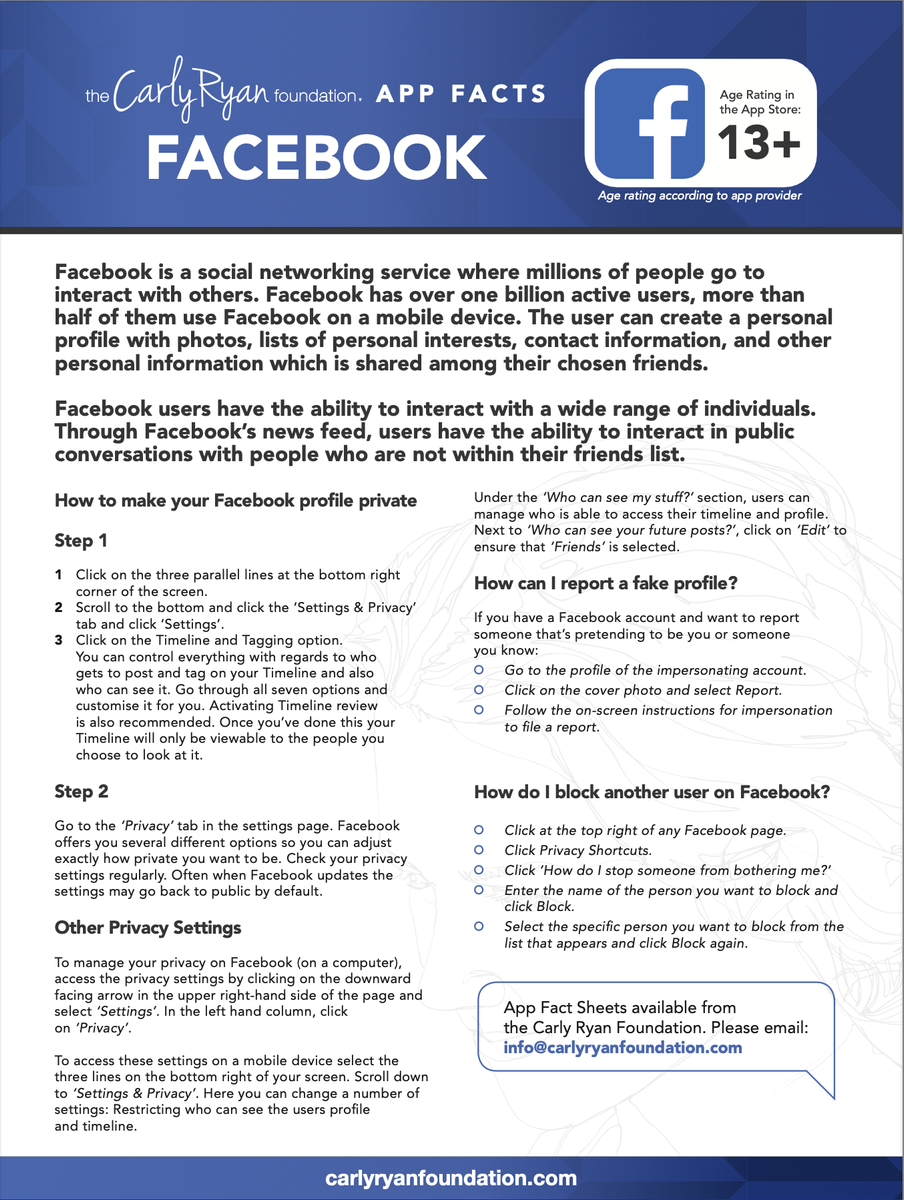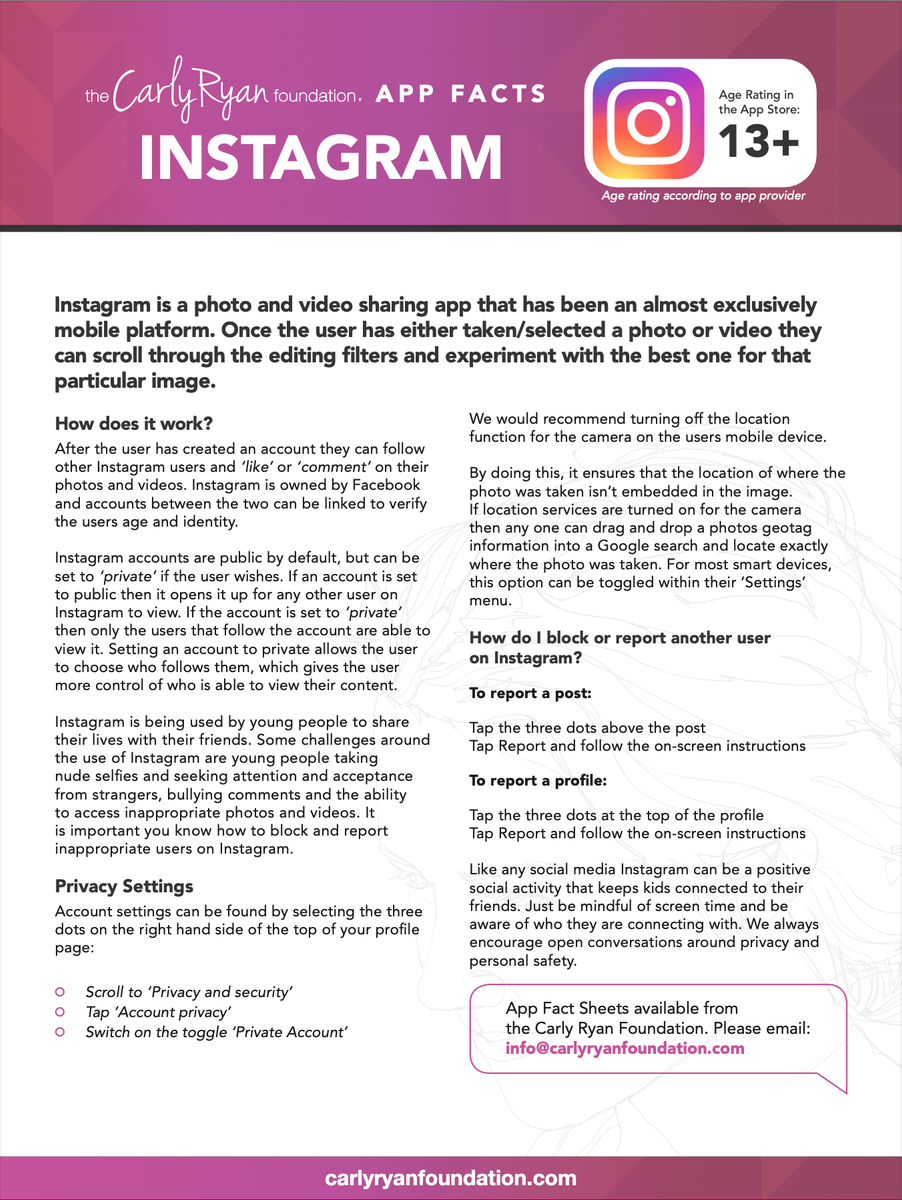From the Assistant Principal
Sam Fleming

From the Assistant Principal
Sam Fleming
Good day to you all,
On Monday I hosted assembly, something I very much enjoy. It's not only a chance to celebrate the achievements of children both inside the classroom and out, but also it provides a chance to look forward and talk about the future and the exciting things ahead.
This week I used assembly as an opportunity to talk broadly about the end of the year and the great things it brings. There's talent shows, house sports, orientation and transition days, Christmas carols and, for the biggest of our kids, graduation. Lots to look forward to! However, alongside the fun at this time of year often comes a sense of tiredness in children. As does anxiety, often about the changes on the radar with new classes, new classmates, new teachers, and for some, new schools. My next newsletter will provide some tips for home about how to prepare and support your child through the challenges the changes from one year to another may bring.
At assembly I acknowledged that the feelings of excitement, anxiety, trepidation, wonder and tiredness are all normal. I also acknowledge sometimes the challenge becomes not letting these get in the way of doing our best and good decision-making, efforts in our learning and kindness and respect. I set them all a goal to do their best in making sure excitement and tiredness doesn't get in their way of being the great Banyule kids they are in these last (almost) five weeks. They were up for the challenge.
Below is some advice from a resource I often go to to support parents with all sorts of child-related challenges- Raising Children Network. Occasionally I go to it myself, because if you think over twenty years of working in education gives you all the answers for your own kids at home, I can tell you now that it certainly doesn't! Today's information (probably more pitched to towards the older years, but useful nonetheless) is aiming to empower you to support and guide your child's behaviour at home through this time when you may also find things extra challenging, as they are tired, their friends are tired and you are tired. Sadly, it won't help with the challenges that come with Christmas shopping, but I do hope you find it useful.
Pre-teen and teenage behaviour: what to expect and why
As part of growing up and becoming more independent, your child needs to test out independent ideas and ways of behaving. Sometimes this involves disagreeing with you, giving you a bit of ‘attitude’, pushing the limits and boundaries you set, wanting to be more like friends and even taking risks.
Some of the changes in pre-teen and teenage behaviour are explained by the way teenage brains develop. The parts of the brain responsible for impulse control don’t fully mature until about age 25. These brain changes have upsides and downsides – pre-teens and teenagers can be imaginative, passionate, sensitive, impulsive, moody and unpredictable.
Encouraging good behaviour in pre-teens and teenagers
Encouraging good behaviour in pre-teens and teenagers is about communicating openly with your child, being consistent, and creating and maintaining a warm and loving family environment. This positive and supportive approach to behaviour often means you have less need for discipline strategies.
When you do need to use discipline for pre-teens and teenagers, it’s best to negotiate and agree on limits with your child, and then help your child work within them.
Rules, limits and boundaries help your child learn independence, manage and take responsibility for their behaviour, and solve problems. Your child needs these skills to become a young adult with their own standards for appropriate behaviour and respect for others.
Handling disrespectful behaviour
Rude or disrespectful behaviour can happen in the pre-teen and teenage years, especially during middle adolescence – although not all children behave this way. If this kind of behaviour is an issue for your family, setting clear rules lets your child know what you expect. For example, you could say, ‘We speak respectfully in our family. This means we don’t call people names’.
Involving your child in these discussions means you can later remind them that they helped make the rules, and that they agreed to them. Your child is also more likely to follow the rules if they think they’re fair.
Modelling these rules in your own behaviour shows that you mean what you say.
If you need to talk with your child about rude behaviour, staying calm and picking your moment will help the conversation go better. It can also help if you focus on your child’s behaviour. Instead of saying, ‘You’re rude’, you could try saying something like, ‘I feel hurt when you speak like that to me’.
From: https://raisingchildren.net.au/
Cyber Safety:
This week I share fact sheets from the two big ones- Facebook and Instagram. Probably not used as much by younger children in the school, however older children may begin showing interest in these.




Until next time...